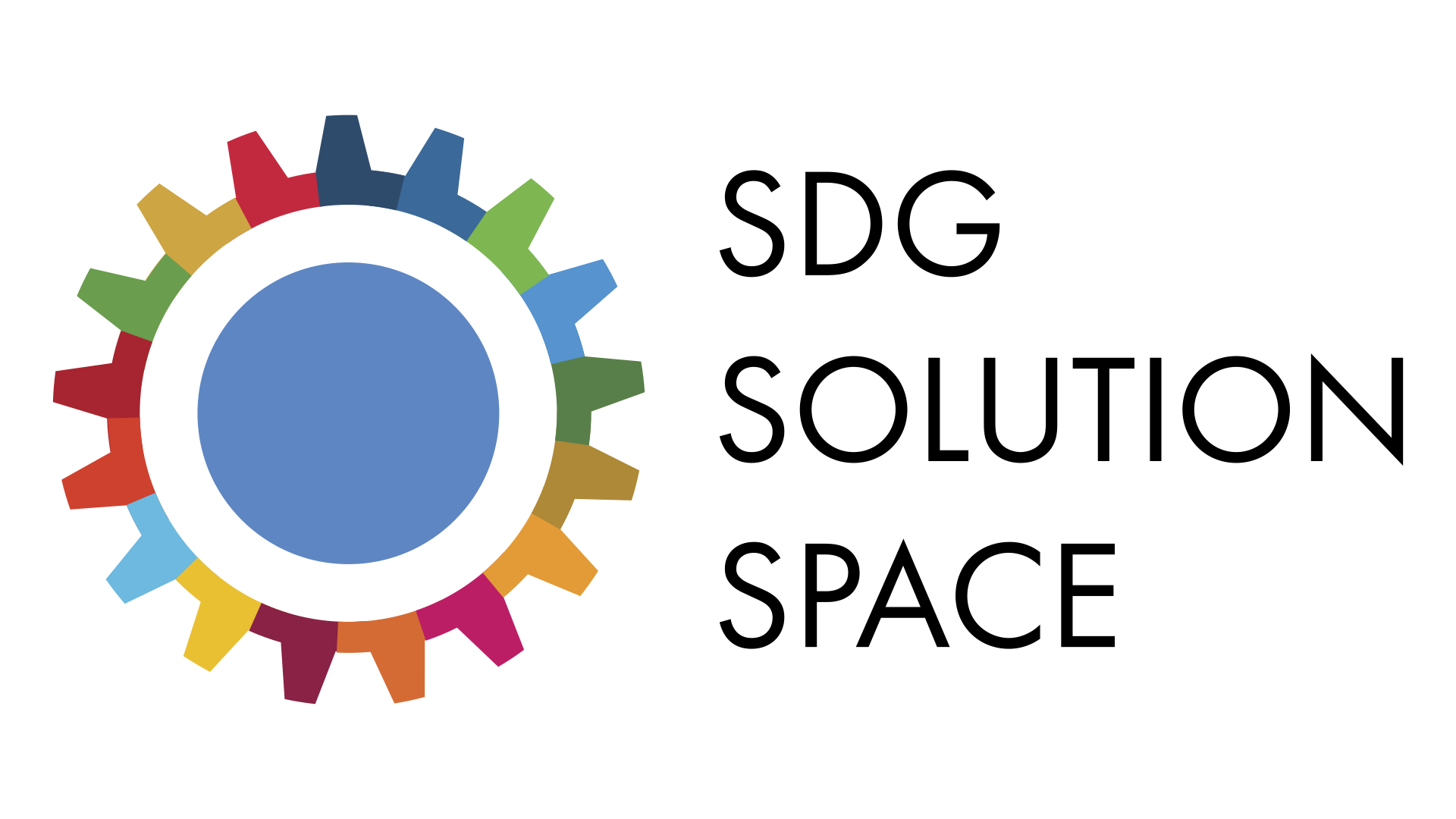Post by Malou Celander, Franziska Kurz, and Leyi Li, 2021 MIHDS students
Introduction of the panelists of GICHD
Angela Hoyos Iborra, the External Relations and Policy Advisor of GICHD, is responsible for GICHD policy work along with advice and training since 2019. She has experience within the United Nations Regional Centre for Peace and prior positions as a policy analyst and lawyer for governmental institutions and much more.
Nadine Skaff, the Junior Programme Officer, joined GICHD in September 2021. Her prior experience includes NGOs such as the Human Rights Council where she worked on peace and security issues and much more.
Key information regarding the organizations
With 80 staff supporting around 40 affected states and territories every year (e.g. Laos, Vietnam, and Afghanistan), GICHD’s work has the main impact on humanitarianism, releasing those living in mine-contaminated communities from being killed, injured, limited to mobility, and unable to farm their fields, and also has long-term influences on sustainable development. Operating via cooperation at the multilateral level and with local partners for advice training, research development, standards conventions, their works provide subnational and logistical support to international humanitarian law, provide evidence and advice contributing to international normative and policy processes, and link mine action with broader agendas, such as SDGs.
Innovation according to the panelists
Previously, demining was perceived only as a humanitarian challenge. However, clearance processes often contribute to a variety of SDGs. Therefore, the innovative approach of using the SDGs as an analytical framework to measure the impacts of humanitarian demining in a comprehensive manner supports decision-makers in setting the right objectives and priorities. In Jordan, for example, cleaning a contaminated area was not a priority for decision-makers since the population density in the affected area was relatively low. However, a report of GICHD showed that a clearance would contribute to 16 SDGs and over 70 targets. This was an important step for convincing decision-makers to start demining actions.
Challenges
The unexploded ordnance (UXO) clearing process is extremely timely and expensive. Since the UXO issue is primarily in developing countries with low resources, there is usually no major infrastructure development nor partnerships. Thus, the GICHD also faces challenges within coordination and management. The agenda is well-received internationally, but GICHD wants to give back nationally so they consistently aspire to investigate how the local sectors can work more coordinated. Further challenges include the need for capacity-building training and regional conflicts causing difficulty in access to the contaminated areas. Next steps to solve these issues consist of e-learning training courses and working with partners to expand mine action’s role.
Internship Opportunities to Follow
https://www.gichd.org/en/jobs/
More information about the GICHD: https://www.gichd.org/
